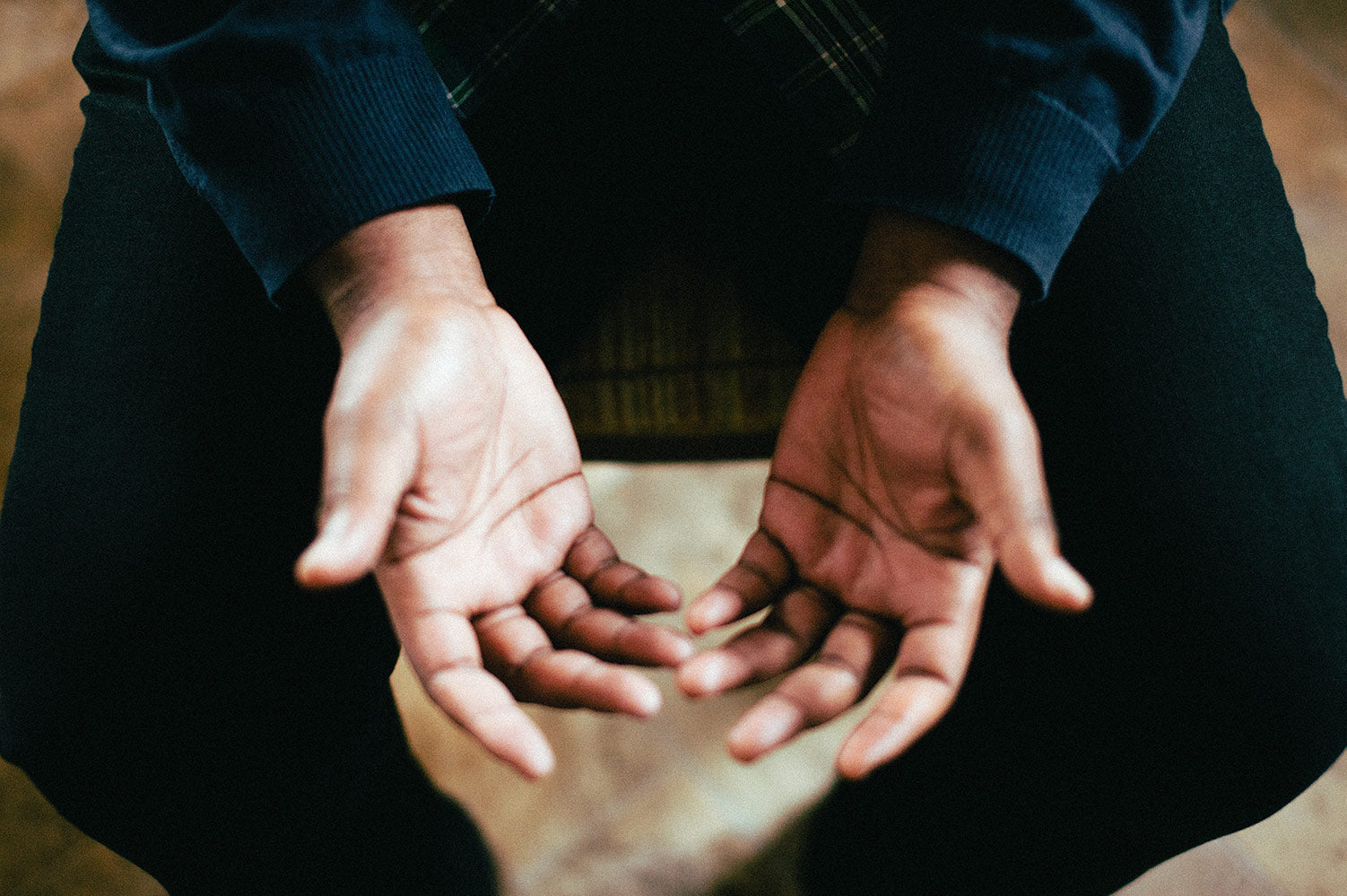Looking for Dr. Joe Explains—You're in the right place.
Add your deal, information or promotional text
What we're all about...
Add your deal, information or promotional text
It’s common knowledge that there are certain times we are supposed to wash our hands, like before cooking and eating or after using the bathroom. Pretty obvious, right!
But lately, it’s a whole lot more than that. Just like there is a reason for washing your hands after using the bathroom, there is also a reason you need to be washing your hands oh so much more now.
The coronavirus pandemic(PAN-DEM-IC) — When a new disease spreads around the world because there is no resistance to it—but you already knew that answer. However, we don’t want to just stop at the surface answer. Let’s dig into it.
To be infected by the coronavirus, it has to enter your body. The most common entry places are your eyes, nose, or mouth. And... how many times an hour do you touch those things with your hands? We don’t have to give you a number from a study for you to believe that it’s a whole lot per hour. Just count for the next hour or so, you'll see.
You also know that no matter how hard you try, you will eventually instinctively just have to touch your face when that sudden itch descends upon you.
Instant replay: Hand to eye. "Oh man... it happened again."

If the coronavirus isn’t on your hands when you go for the itch, you won’t infect yourself or—if we want to use the doctor word—self-inoculate.
Yes, that is a weird doctor word. And, if you have been confused by it over the last couple of weeks, it’s not your fault. Health professionals use it in so many ways!
Inoculate means to introduce or move something to someplace new. So self-inoculation means introducing something to a new part of yourself.
Or—less awkwardly said and relevant to the coronavirus—you are transferring or moving the virus(VAI-RUS) — A foreign invader in the body that causes cells to function differently and can be spread to others through direct and indirect paths from one part of your body to another. Like from your hands to your mouth.
If you are practicing social distancing (we highly recommend you do) and can avoid direct contact altogether, hand washing is another very important layer of protection to reduce your worries.
And hand washing will also help reduce the chances of self-inoculation(SELF EH-NAH-CUE-LAY-SHUN) — Transferring a disease from one part of the body to any other after touching contaminated surfaces. While it is not known exactly how easy it is to transfer the virus via contaminated surfaces, it is still at least possible. Other viruses similar to the coronavirus can live on surfaces for hours to days.
Tip: Apply some of your personal hand lotion to help prevent the cracking.
Compassionate
Audience-Specific
Health Content

Leave a comment (all fields required)